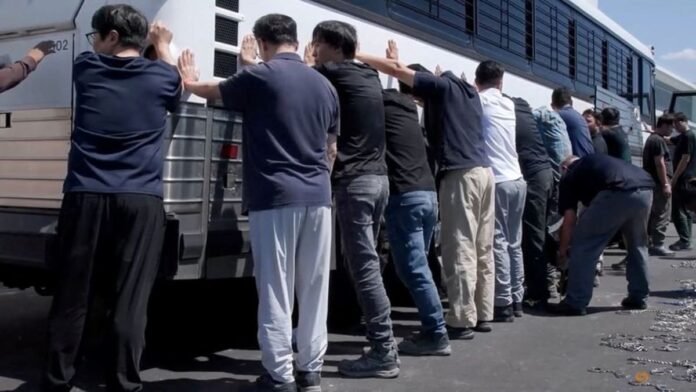South Korea’s recent talks about a $350‑billion aid request from President Donald Trump raise fresh questions about the country’s economic ties to the United States.
According to Robert Kelly, a professor at Pusan National University, the idea that Seoul might accept President Trump’s offer underscores just how interconnected the two economies are. “Korea’s heavy reliance on U.S. trade, investment, and security guarantees make this a realistic possibility,” Kelly said.
The $350‑billion figure would cover a range of U.S. security and economic initiatives—including advanced military technology and infrastructure projects that could help boost Korea’s domestic industries. It would also give Seoul more leverage in its long‑standing disputes over trade practices with the United States and China.
Experts point out that South Korea has been modernizing its economy at an impressive rate, but many still depend on the United States for high‑tech components and market access. The proposed deal could give the country a stronger footing in ongoing negotiations about tariffs on Korean exports such as semiconductors and automobiles.
Still, officials in Seoul urge caution. “We need to balance the benefits of a large financial package with the cost of deepening our dependence,” a senior Korean trade policy adviser said. He added that the country remains committed to diversifying its trade partners, especially in Southeast Asia and the European Union.
With the new U.S. administration in place, the $350‑billion demand is a key bargaining chip as both nations look to shape the future of regional security and commerce. Whether the proposal will be formally accepted remains to be seen, but the conversation signals that Korea’s economic future will continue to be closely linked to the United States.
Stay informed on all the latest news, real-time breaking news updates, and follow all the important headlines in world News on Latest NewsX. Follow us on social media Facebook, Twitter(X), Gettr and subscribe our Youtube Channel.



